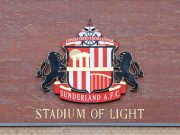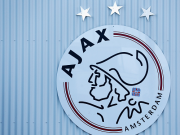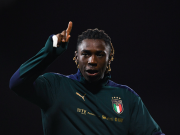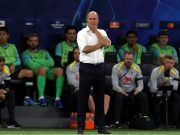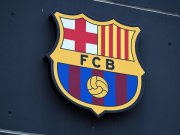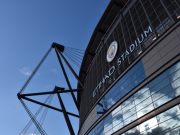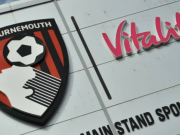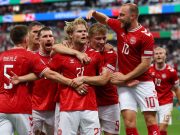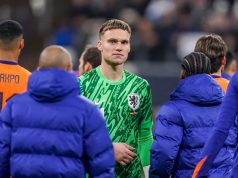When we look at Wolverhampton Wanderers for the past few seasons, it’s hard not to relate the club to Portuguese football. The likes of Nuno Espírito Santo, Ruben Neves and Rui Patrício had a huge influence on the team, being some of the main ones responsible for the recent success.
But even with Wolves finishing 7th in the Premier League last season and conquering a Europa League spot after so many years, why didn’t they continue shopping in Portugal this summer?
Well, perhaps because they’re now seen as a big club.
It’s never been easy to buy players from Portuguese clubs. Every year we see the likes of Manchester United, Chelsea and Everton watching many games from Liga NOS, but hardly getting what they want in the country.
When Wolves managed to sign Ruben Neves and Rui Patrício, they actually had the competence, and maybe the luck, of taking great opportunities.
A proof of it is that when Neves had been linked to the likes of Liverpool and Manchester United, the word in Portugal had always been that he would only leave Porto for the price of his release clause, since he seemed like a youngster with a lot of potential.
By the time he couldn’t get much playing time and a Championship side made a good offer, for Porto it sounded like good chance to make some money from him.
Maybe they were a little afraid this would be a unique opportunity, and that Neves may regress rather progress. That fear was tested, and the transfer done.
Rui Patrício’s case was also very peculiar. The player had been attacked by Sporting fans and clearly had no feeling to stay at the club.
After Rui Patricio was spotted at Lisbon airport this morning and rumours started of a medical at Napoli, it turns out he was actually flying to a spiritual retreat in Germany.
This is going to be the best transfer window ever. pic.twitter.com/5yqZBl5niH
— Sport Witness (@Sport_Witness) May 22, 2018
Less than a month later, without a great deal of saga given the circumstances, Wolves announced his signing.
They’d offered Sporting €18m, which was rejected due to the carve up of where the fee was going. Patricio then rescinded his contract and signed for Wolves.
The Lisbon club filed a claim with FIFA, seeking €54m from the Premier League club and the footballer. The amount was made up of Patricio’s €45m release clause and the remaining wages on the two years of his contract.
Wolves stood firm and later agreed a fee with Sporting… for the original €18m.
And Raul Jimenez was also a smart coup. Benfica had been planning to sell him for a long time, but couldn’t find anyone who would pay the price demanded. Wolves’ move was intelligent enough to have him on loan and see if he was worth the money.
Since he was moving to a newly promoted side, the Eagles had no problem with it.
All of them succeeded at the club, with the addition of João Moutinho, who moved from Monaco, and Diogo Jota, who arrived from Atletico Madrid, both with the help of Jorge Mendes.
Would Portuguese clubs make the same kind of sales this time? Not really. They are pretty good at selling players for big prices, and now take the Molineux side as a potential good buyer. Wolves were linked to the likes of Ruben Dias, Gedson Fernandes and Moussa Marega, but didn’t look close to signing any of them.
In reality it felt Wolves had been pulled in because, well, they’re Wolves and buy players from Portugal.
Portuguese sides now know how rich and successful the club is, and it’s not only a Portugal thing. When Nuno Espírito Santo’s side beat Torino in the Europa League, the Turin press reacted as if it was completely normal, especially because of the money the Molineux side had to build their squad.
That’s why it’s no surprise that big signings didn’t happen from the same route, with the only arrival from Portugal being Flávio Cristovão, who moved from Aves on a free deal.
So instead of unexpected signings from Liga NOS, Wolves should now be prepared to get involved in the sagas of Ruben Dias, Bruno Fernandes, Florentino Luís and many others.
Far from being the cute little club associated with Mendes, Nuno Espirito Santo’s side have built themselves up to be the real deal, so when a Portuguese side hears of interest… it’s greed rather than intrigue which builds.



